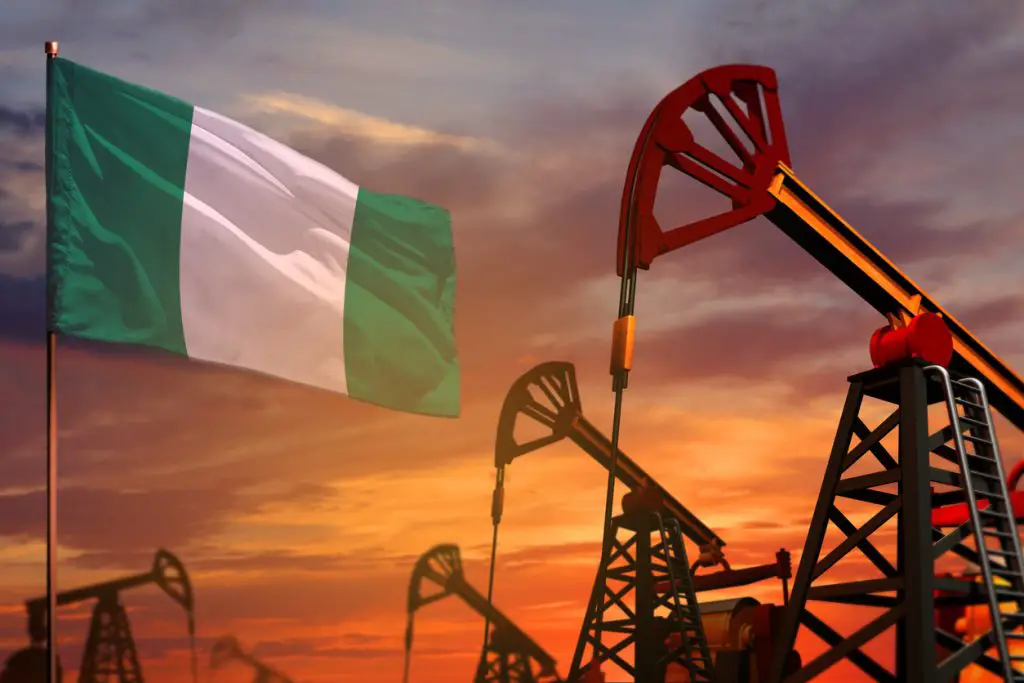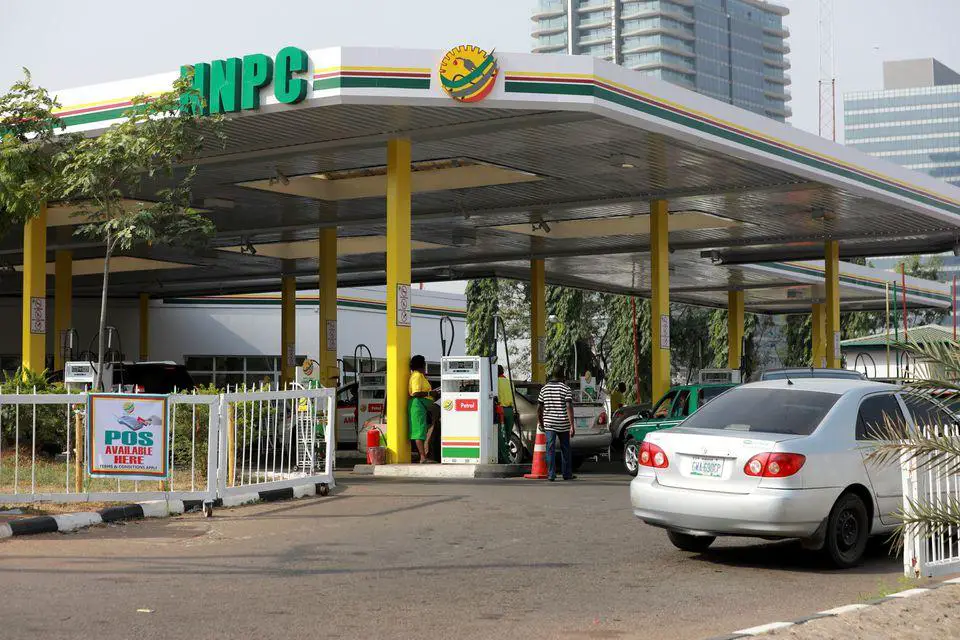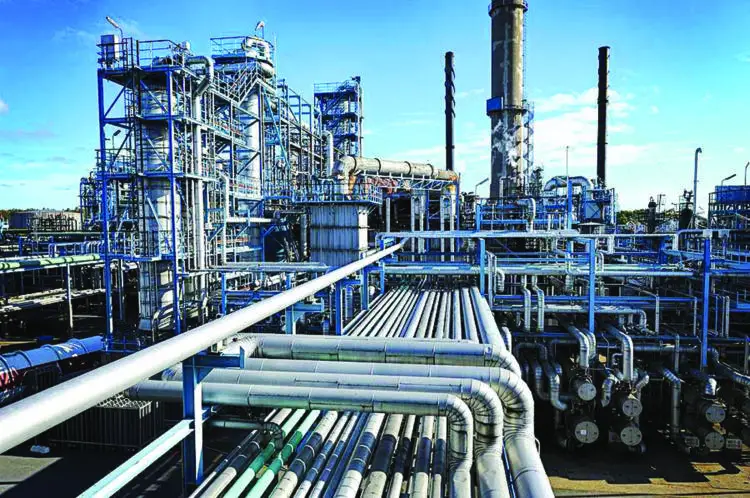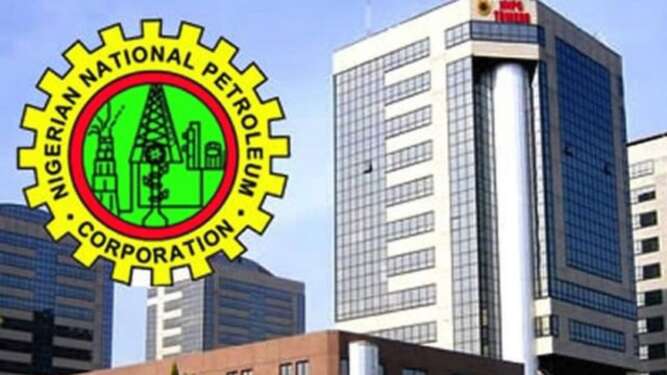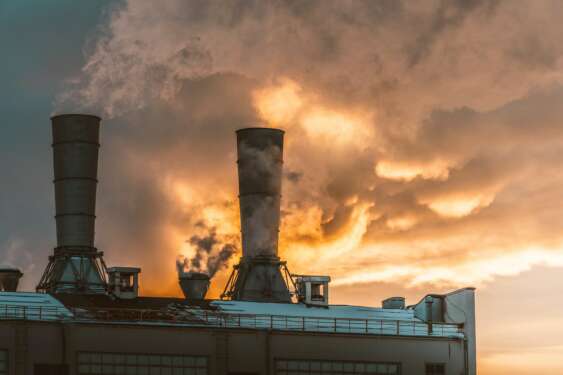- Africa’s new dawn: the rising role of digital and AI in agriculture
- Can Dangote Refinery Transform Africa Energy Ambition
- Gallup Survey: 80 per cent of Kenyan Workers Are Disengaged and Seek New Opportunities
- Madagascar Man Freed from 5KG Tumor After 15-Year Struggle
- How women in Africa are perceived and treated
- Sugar consumption in Kenya to Increase to 1.23 Million Tonnes
- Can Somalia and Turkey Oil deal Bring Change in Somaliland
- Remittances to Kenya dropped to $371.6 million in June, marking a six month low
Browsing: NNPC
At his inauguration, Nigeria’s new president, Bola Ahmed Tinubu, announced that his administration would do away with the fuel subsidy. The announcement resulted in a spark in prices and long queues in Nigeria as people rushed to buy fuel before the price increase when the policy took effect on July 1.
When the policy to remove Nigeria’s fuel subsidy takes effect, fuel prices in Nigeria are expected to jump from the official pump price of $0.4 to between $0.76 and $1.18. According to the United Nations, Nigeria’s rise in fuel prices will have widespread economic ramifications for over 133 million citizens plagued by multidimensional poverty.…
There is still plenty to accomplish. Even after a year, the PIA is still in a transitional period, with committees deliberating its practical implications. One seasoned Nigerian expert questioned how much the NNPC would change due to its transition into a limited liability corporation. Still, post-PIA data suggests that Nigeria’s oil and gas industry may be moving in the right direction.…
Kyari disclosed that the Dangote refinery’s boilers will be fired up in the 2023 first quarter, a development that will assist Nigeria’s “foreign exchange supply problem.”
He went on to say that despite the fact that the NNPCL was still going to be primarily owned by the federation even though it was still in its infancy, the new company will no longer require the approval of either the National Assembly or the executive to borrow money or look for financing for projects.
There is room for unaffiliated third parties to purchase ownership in this business. But as we speak right now, there are more than 200 million Nigerians who are stockholders.
There is a possibility for a second level of privately held ownership, and one way to achieve this would be to sell off part of these shares of equity. This would allow individuals, rather than the nation as a …
The Major Oil Marketers Association of Nigeria (MOMAN) has indicated interest in lifting refined petroleum products from the soon to be completed $15 billion Dangote Refinery, in Lagos.
Once complete the refinery on daily basis is expected to produce 50 million litres of petrol and 15 million litres of diesel.
In a statement notice issued by the Dangote Group on Sunday July 3, noted that the Major Oil Marketers made this request during a recent visit to the site of the 650,000 barrels per day single train refinery in Ibeju-Lekki Lagos, according to the News Agency of Nigeria (NAN).
Speaking after the conclusion of his visit to the site, the Chairman of MOMAN, Mr Adetunji Oyebanji, said the refinery would play an important role in helping to remove the various bottlenecks associated with the importation of petroleum products into the country.
ALSO READ: Yaoundé Declaration To tackle Continent’s Affordable Housing …
The Nigerian National Petroleum Corporation (NNPC) has recorded an increase of 80.12% in trading surplus in a month. This increase was recorded between the month of December 2020 and November 2020 which stood at 63,532,499.89 USD and 35,272,487.54 USD surplus respectively.
According to the Group General Manager, Group Public Affairs Division of the Corporation, Dr. Kennie Obateru this increase was captured in the month of December 2020 edition of the NNPC Monthly Financial and Operations Report [MFOR]
The trading surplus figure is usually derived after deducting the expenditure profile from the revenue in the period under review. It is also known as the trading deficit.
The report also shows an increment of the operating revenue of the NNPC Group in December 2020 by 33.44% or 359,816.14USD as compared to November 2020 to stand at 1,435,718,936.08USD
Similarly, expenditure for the month increased by 27.54% or 296,283,642.51USD to stand at …
As the largest economy in Africa, with huge gas reserves and high solar energy potential, Nigeria has all the natural resources necessary to meet the growing demand for electricity. However, the inadequate energy infrastructure still leaves a significant part of the population without power or relying on oil-fired back-up generators. If Nigeria can improve its energy infrastructure and unlock its gas-to-power generation potential, it paves the way to integrating low-cost renewable energy, bringing electricity and development opportunities to rural villages, driving industrial growth and employment, and increasing prosperity across the country.
There is no doubt that gas has an important role to play in meeting Nigeria’s electricity demand, but to achieve this, there is an urgent need to reform the gas and electricity sectors. The poor condition of the gas transmission and distribution system is a major constraint as domestic supply shortages and insufficient pressure severely affect the reliability of …






